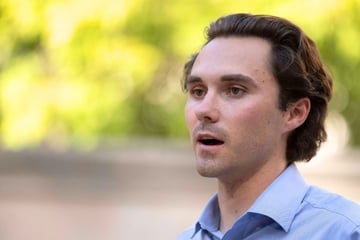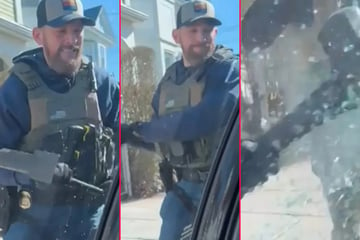New York City pays out millions for NYPD's brutal response to George Floyd protests
New York, New York - New York City has agreed to pay up to $6 million to protesters brutalized by the NYPD during a George Floyd demonstration in the Bronx.
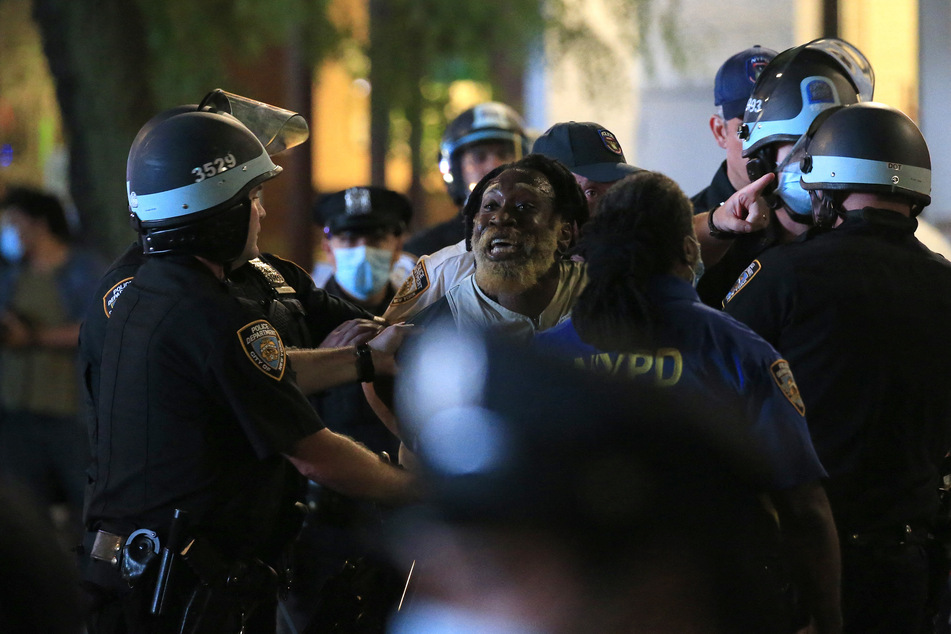
The proposed legal settlement filed late Tuesday in Manhattan Federal Court is expected to shell out at least $21,500 a piece to more than 300 people who demonstrated against police brutality and systemic racism in the Mott Haven on June 4, 2020.
The deal, which US District Judge Colleen McMahon must approve, represents the largest per-person class-action settlement connected to mass arrests at a protest, according to lawyers for the demonstrators.
Footage of the violent event showed police employing a tactic known as kettling to barricade protesters on East 136th Street, refusing to let them disperse, beating them with batons while their hands were in zip ties, and pepper spraying their bloodied faces.
The protest was one of the hundreds that followed Floyd’s death on May 25, 2020, at the hands of Minneapolis police.
The NYPD arrested more people at that June Bronx protest than any other one held that summer, according to the city Department of Investigation.
Everyone later saw their charges dismissed by Bronx District Attorney Darcel Clark. Protesters the police gave desk appearance tickets instead of summonses – meaning they were detained longer – are slated to receive an additional $2,500, if the settlement agreement is approved.
Victims left traumatized by NYPD violence
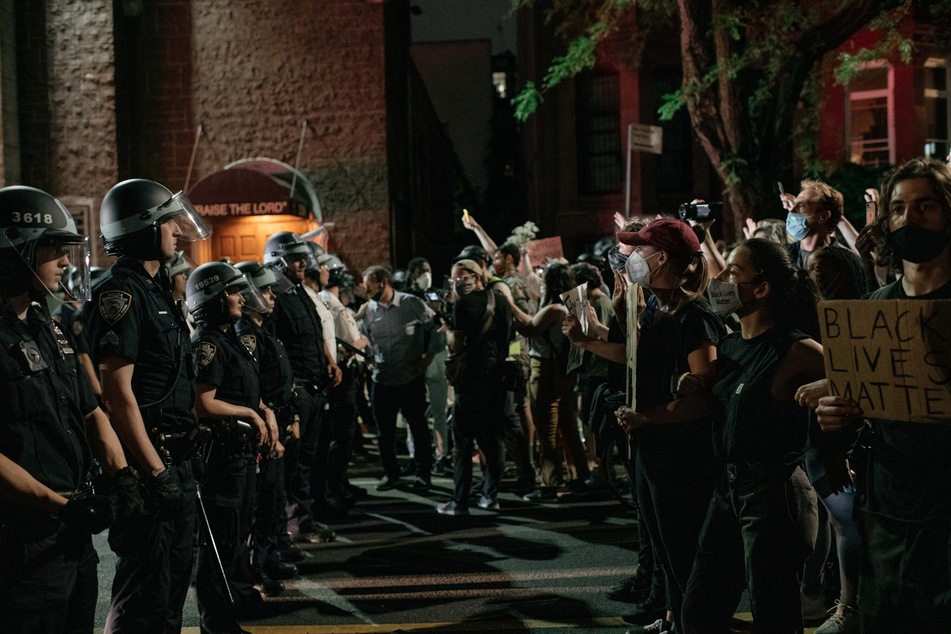
Rob Rickner, a lawyer for the protesters, said they believed the police deliberately trapped them and enacted a violent "show of force" to "show they could control people."
The event was widely condemned, with the officers’ actions described by Human Rights Watch as "intentional, planned, and unjustified."
"The violence unleashed upon us that night was intentional, unwarranted, and will be with me for the rest of my life," Henry Wood, one of the protesters, said.
"While I am relieved that we have been able to secure some monetary restitution for those of us brutalized by the NYPD that night, nothing will change what happened to us and so many others suffering under the boot of the police in America."
An NYPD spokesperson said police acted on the orders of then-Mayor Bill de Blasio, who implemented a curfew at the time. De Blasio defended the police’s handling of the Bronx protest.
Once the proposed settlement is approved by Judge McMahon, a third-party administrator will notify everyone who may have a claim, and the court will conduct a fairness hearing in 180 days, Rickner said. At that point, the judge will decide whether to finalize it.
NYPD beat protesters just so they "could make a point"
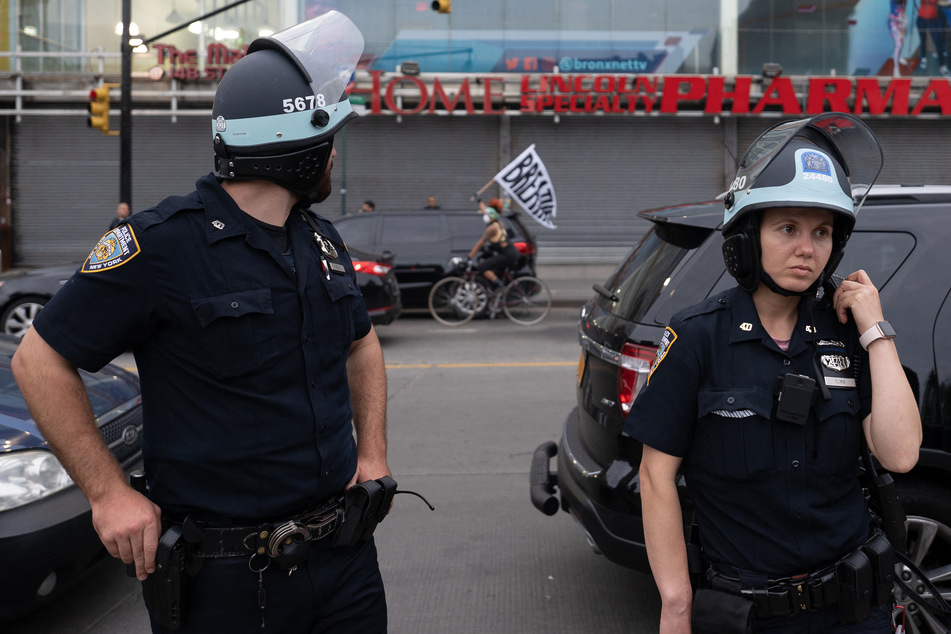
The Mott Haven lawsuit was brought by five class-action plaintiffs – Amali and Samira Sierra, Henry Wood, Ricardo Nigaglioni, and Alex Gutierrez – and is expected to include a pool of more than 300. Rickner said some protesters who suffered severe injuries may choose to proceed alone.
The settlement is part of a much larger, complex class-action lawsuit that alleges the NYPD violated protesters’ civil rights during the 2020 protests. Remy Green, representing other plaintiffs in consolidated lawsuits, said the proposed agreement doesn’t cover most people involved in the broader case.
The deal comes two weeks after the NYPD released a damning internal report criticizing how the department handled the demonstrations. The review ordered three years ago by former Police Commissioner Dermot Shea found no single police commander was calling the shots, resources were poorly used, and cops lacked "timely intelligence" as unrest developed.
Amali Sierra said she was harmed so the NYPD could make a point.
"(Because) the NYPD had knowledge of this protest taking place in a South Bronx neighborhood composed of predominately Black and Brown bodies, we were an example. A message," Sierra said.
"This settlement serves as testimony of the wrongdoing by the hands of the NYPD, and it is a reminder that this institution is not built to protect Black and Brown communities."
Cover photo: Justin Heiman / GETTY IMAGES NORTH AMERICA / Getty Images via AFP
